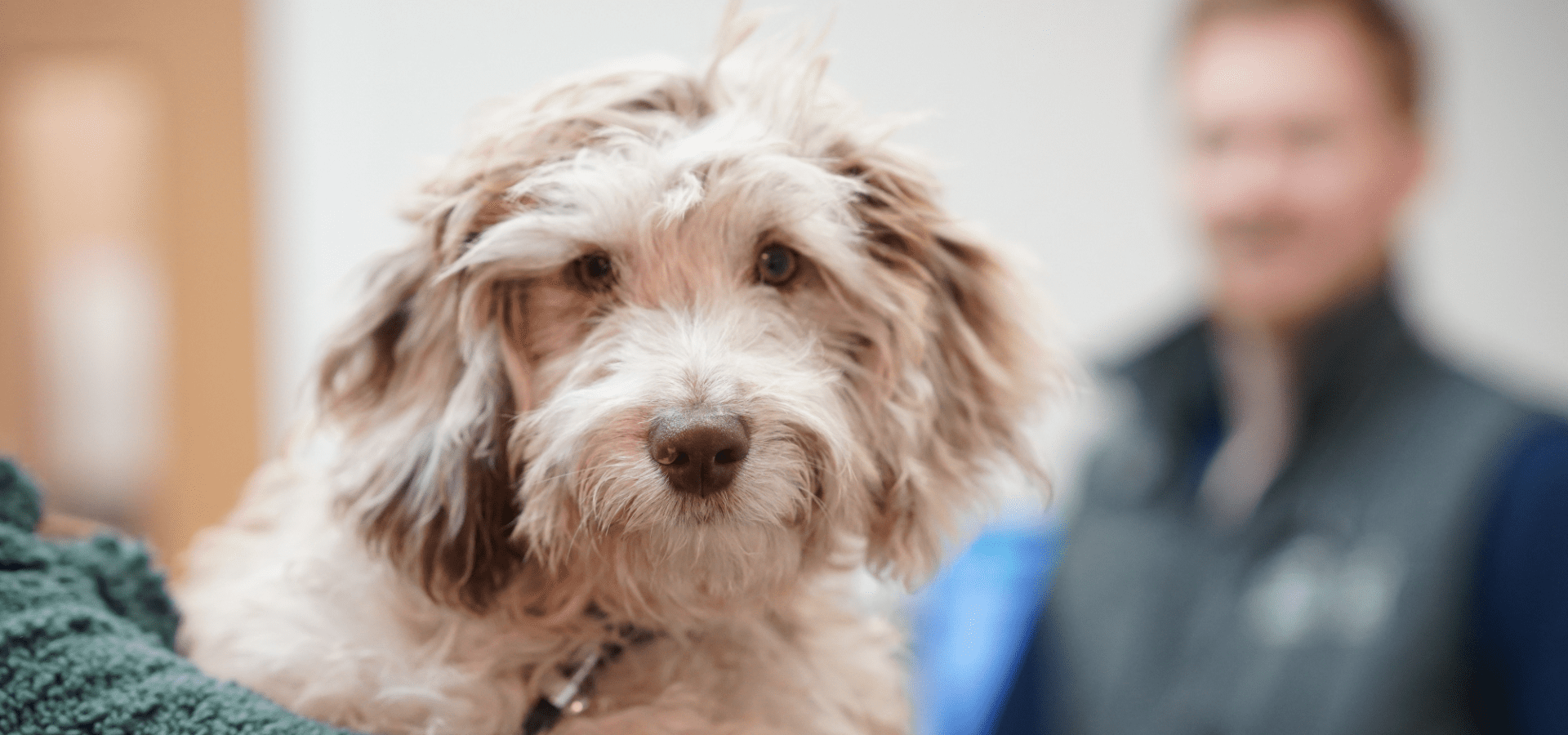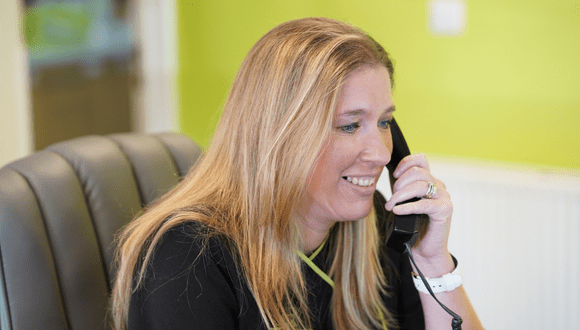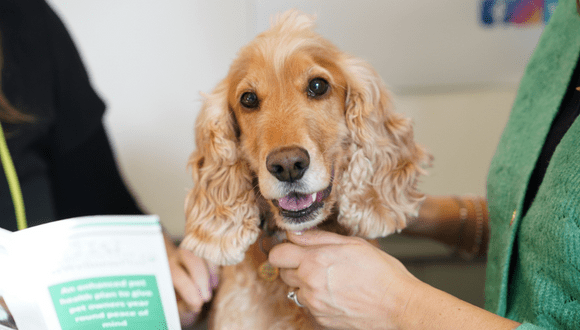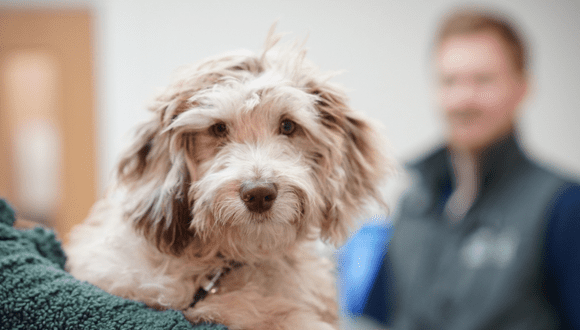
Puppy & Kitten Care
Portland Vets welcomes the registration of new puppies and kittens. Our friendly team are happy to answer any questions by phone, email or PetsApp.
Please read the information below and get in touch to book any services or chat to our team at East Grinstead.
Save money on preventative care
Take a look at our Pet Wellness Plans to learn how you can save money on your pet’s routine healthcare
Puppies
Puppy vaccinations
Our standard protocol is to vaccinate puppies at eight, ten and twelve weeks of age, but we are able to accommodate puppies who are a little older or who have already had their first vaccine elsewhere. We routinely vaccinate against distemper, hepatitis, parvovirus, leptospirosis and kennel cough. The first visit includes a full clinical examination from one of the vets and a thirty minute introductory puppy development check with a nurse. Subsequent vaccination appointments are usually booked with one of our nurses.
Please see the information below about the importance of correct vaccine timing.
When new born puppies feed from their mum, they receive important antibodies in her milk. These help to protect them against parvovirus, and other serious diseases, until they are old enough to be vaccinated. During the first few weeks of life, these antibody levels start to drop and puppies become more vulnerable to infection. The first vaccination, given at seven to eight weeks of age by most vets, then triggers an initial immune response and gives some further protection. Some puppies still have quite high antibody levels at this age, which can prevent them from responding fully to the first dose of vaccine. By the time of the second vaccination though, the antibody levels are low enough for almost all puppies to develop effective immunity. The second dose of the vaccine should not be given any earlier than ten weeks of age, and there must also be a minimum interval of two weeks between the injections. Please check birth and first vaccination dates carefully before booking a puppy appointment and, if in any doubt, ask one of the Portland team for advice.
FREE Puppy development checks
We provide complimentary development checks to all puppies throughout their first year of life. These clinics are run by our veterinary nurses and cover areas including diet and weight, parasite control, socialisation and exercise. The first check usually takes place during a vaccination visit and they then continue on a monthly basis.
Parasite control for puppies
All young puppies need to be treated for roundworms, and this is usually started by the breeder. We advise treatment for fleas, roundworms, lungworm and ear mites at eight weeks of age, and then a monthly preventative product appropriate to the lifestyle of the puppy. All puppies and adult dogs should have a monthly treatment to control lungworm – there are no non-prescription products that are effective against this potentially fatal parasite. Our Pet Wellness Plans are a simple, cost effective way for you to provide protection against lungworm and other parasites.
Microchipping
The law requires all puppies to be microchipped by eight weeks of age, so it is usually done before they leave the breeder. When this has not been the case, we can place a microchip during a routine consultation.
Neutering
There are several factors to consider when making the decision to neuter male and female dogs, including age, breed and temperament, and this should be discussed on an individual basis with one of our vets or nurses. In general, we carry out neutering from six months of age for both sexes. This involves a day stay in the hospital, a general anaesthetic and the surgical procedure.
Portland Vets was one of the first practices in the area to offer ‘keyhole’ (laparoscopic) spays and we provide the procedure routinely at our East Grinstead surgery. Our experience has shown that this technique is associated with less discomfort and a faster return to normal activity than the traditional surgical spay.
You can save money on your puppy’s routine preventative healthcare when you enrol them in one of our Pet Wellness Plans – find out more.
Kittens
Kitten vaccinations
Our standard protocol is to vaccinate kittens at nine and twelve weeks of age, against cat flu, feline infectious enteritis and feline leukaemia virus. The first visit includes a full clinical examination from one of our vets and the second appointment is usually with one of the nurses.
FREE Kitten development checks
We offer complimentary development checks to kittens throughout their first year of life. These clinics are run by our veterinary nurses and cover areas including diet and weight, parasite control and behaviour.
Parasite control for kittens
Kittens commonly have fleas, ear mites and roundworms, so we advise treatment with a prescribed monthly spot on product. We recommend regular weight checks until kittens reach their adult size to ensure that the correct dose is used.
Microchipping
We currently recommend that all cats are microchipped and the government intends to make this mandatory by the age of 20 weeks later in 2023. This simple procedure can be done in a routine consultation or at the time of neutering.
Neutering
We advise neutering of kittens at four to six months of age. This involves a day stay in our hospital, a general anaesthetic and a short surgical procedure. Male cats require minimal after-care, but female cats need to be prevented from licking their wound by use of either a plastic collar or medical t-shirt, which we can supply.
You can save money on your kitten’s routine preventative healthcare when you enrol them in one of our Pet Wellness Plans – find out more.











